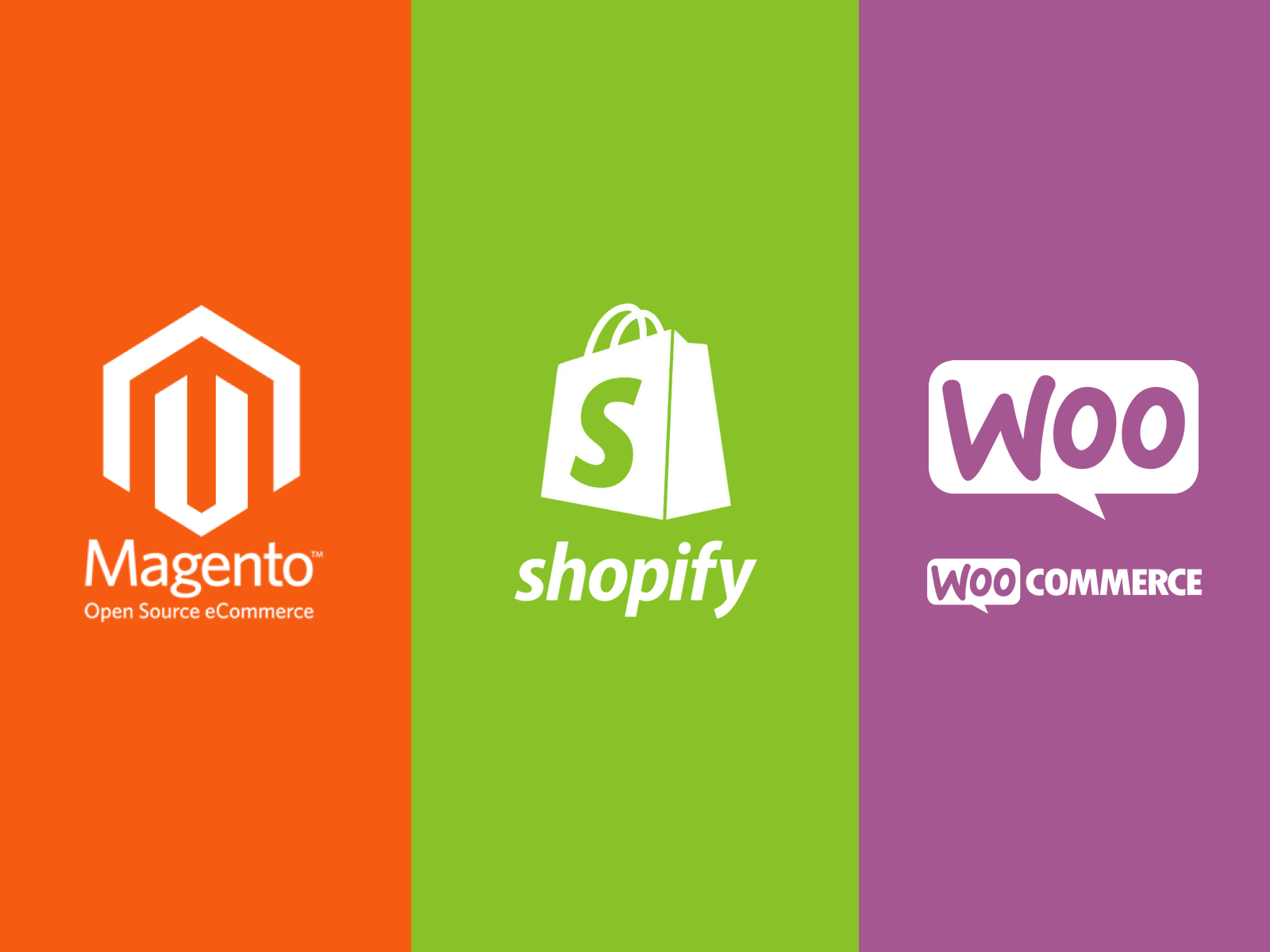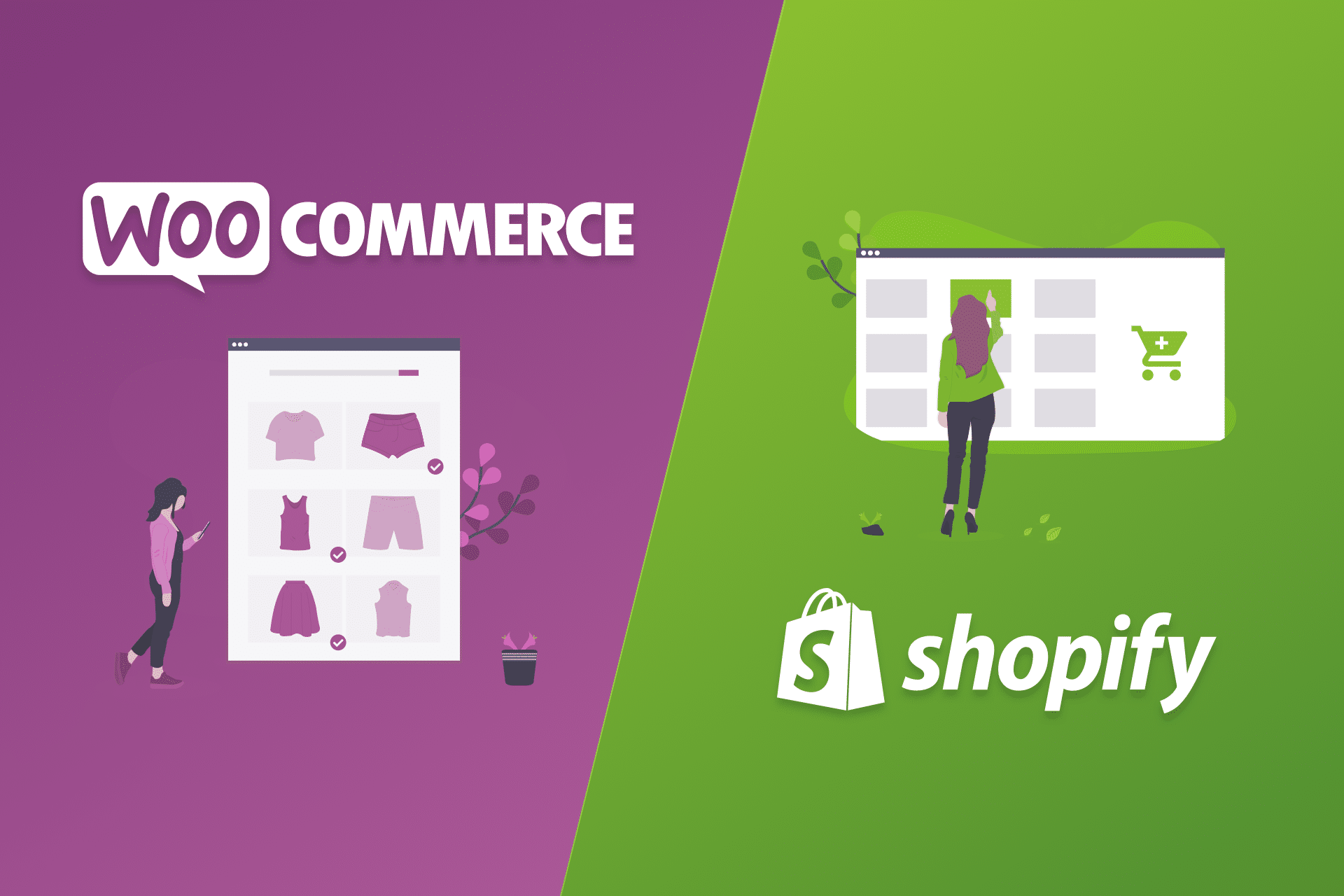In the dynamic realm of ecommerce, selecting the right platform can be pivotal to the success of your online business. With a plethora of options available, three contenders stand out: WooCommerce, Shopify, and Magento. Each platform boasts its own set of strengths and features, catering to different business needs and preferences. Let’s delve into the intricacies of each to determine which reigns supreme in the ecommerce arena.
WooCommerce: The Flexible WordPress Extension
- Seamless Integration: Built as a WordPress plugin, WooCommerce seamlessly integrates with existing WordPress websites, offering a familiar environment for users.
- Customization: With a wide range of themes and plugins, WooCommerce provides extensive customization options, allowing businesses to tailor their online stores to their specific requirements.
- Cost-effectiveness: As an open-source platform, WooCommerce is free to use, making it an attractive option for businesses looking to minimize upfront costs.
Shopify: The All-in-One Ecommerce Solution
- User-friendly Interface: Shopify’s intuitive interface makes it easy for beginners to set up and manage their online stores without any technical expertise.
- Hosted Solution: Shopify handles hosting and security, eliminating the need for users to manage server configurations, updates, and backups.
- App Ecosystem: Shopify boasts a vast ecosystem of apps and integrations, allowing businesses to extend the functionality of their stores with ease.
- Scalability: Magento is renowned for its scalability, making it suitable for businesses of all sizes, from startups to enterprise-level corporations.
- Advanced Features: With robust features such as multi-store capabilities, advanced inventory management, and extensive customization options, Magento caters to complex ecommerce needs.
- Community Support: Being an open-source platform, Magento benefits from a vibrant community of developers and users, providing extensive support and resources.
In the battle of WooCommerce vs Shopify vs Magento, there is no one-size-fits-all answer. The ideal platform for your ecommerce venture depends on various factors, including your budget, technical expertise, scalability requirements, and customization needs. While WooCommerce offers flexibility and cost-effectiveness, Shopify excels in user-friendliness and convenience. On the other hand, Magento stands out for its advanced features and scalability. Ultimately, it’s essential to weigh the pros and cons of each platform carefully and choose the one that aligns best with your business goals and aspirations.







